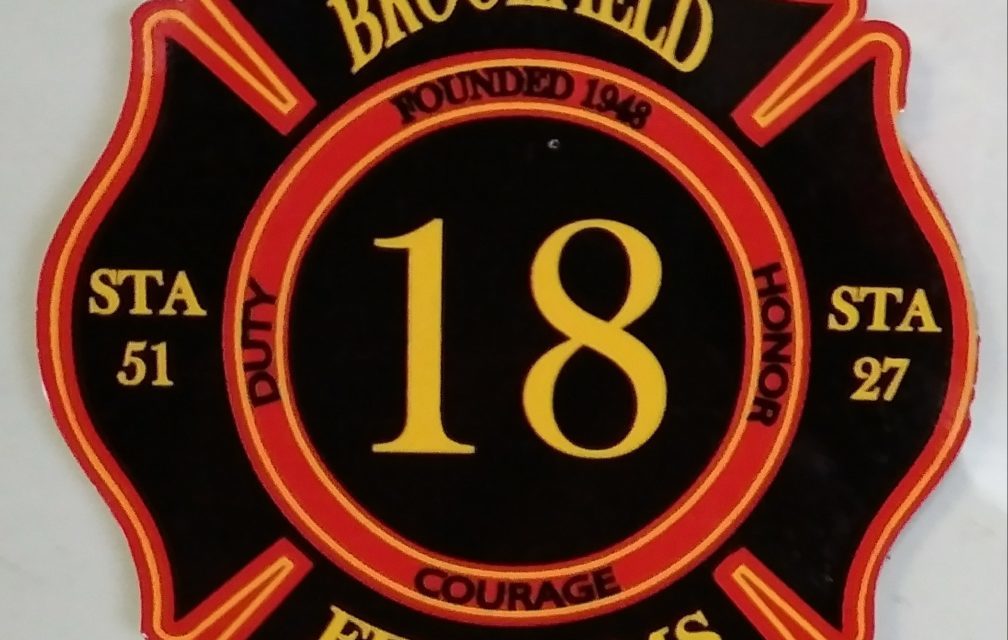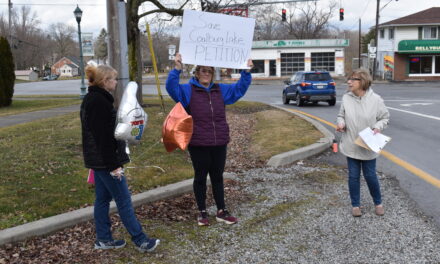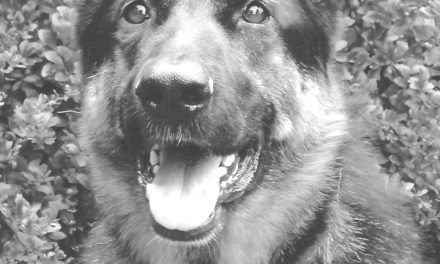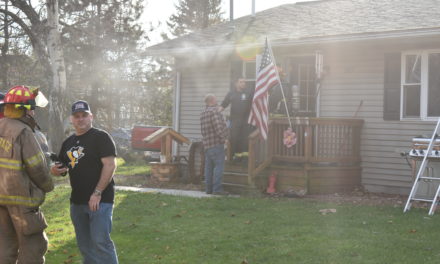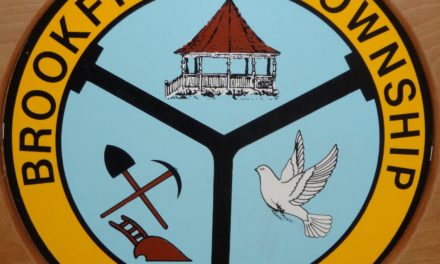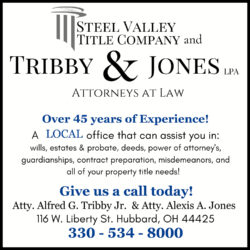As the snow recedes, many people start pushing leaves and brush into a pile with the intent to set it alight to get rid of it.
Brookfield firefighters are asking residents to be aware of open burning regulations before that match is struck.
Open burning – burning done without a chimney or stack – is a problem because it releases toxic fumes, gases and chemicals, and spores, which can make breathing difficult, according to the Ohio Environmental Protection Agency. Some gases produced by burning can even corrode metal siding and damage paint.
While there are circumstances where open burning is allowed, Brookfield Interim Fire Chief Dave Coffy said the best thing to do is not to burn.
“It keeps us out of issues,” he said.
The EPA periodically bans open burning because of environmental conditions. Check the EPA web site to learn if there are any prohibitions.
The law allows open fires for cooking and camp fires; heating tar, smudge pots and “similar occupation needs”; and heating for the warmth of outdoor workers and strikers, as long as it is done in a 55-gallon drum.
It’s OK to burn brush, shrubbery and household paper as long as the fires are small and not within 1,000 feet of a neighbor’s inhabited building.
Items that Brookfield firefighters have seen burning that are not allowed include trash, tires, mattresses, furniture and treated wood.
“We don’t look for problems,” Coffy said, and firefighters don’t make it a habit of stopping at every fire they see, unless they can tell something illegal is being burned, he said.
However, the department is obligated to respond to complaints. The one exception to that policy is the department will not respond to anonymous complaints, an attempt to keep the department from being brought into neighbor disputes that have little or nothing to do with open burning.
The department will consider the circumstances in deciding whether to put out a fire or leave it alone, Coffy said. It can warn or cite violators, but it also can call in the police or the EPA for more egregious violations of the open-burning restrictions.
Residents who have a lot of brush to burn can call the fire department to do it for them, Coffy said. The department also can advise residents on the best place to burn legal materials.
Anyone who would like a guide to the law can stop by the fire station for a handout, Coffy said.

